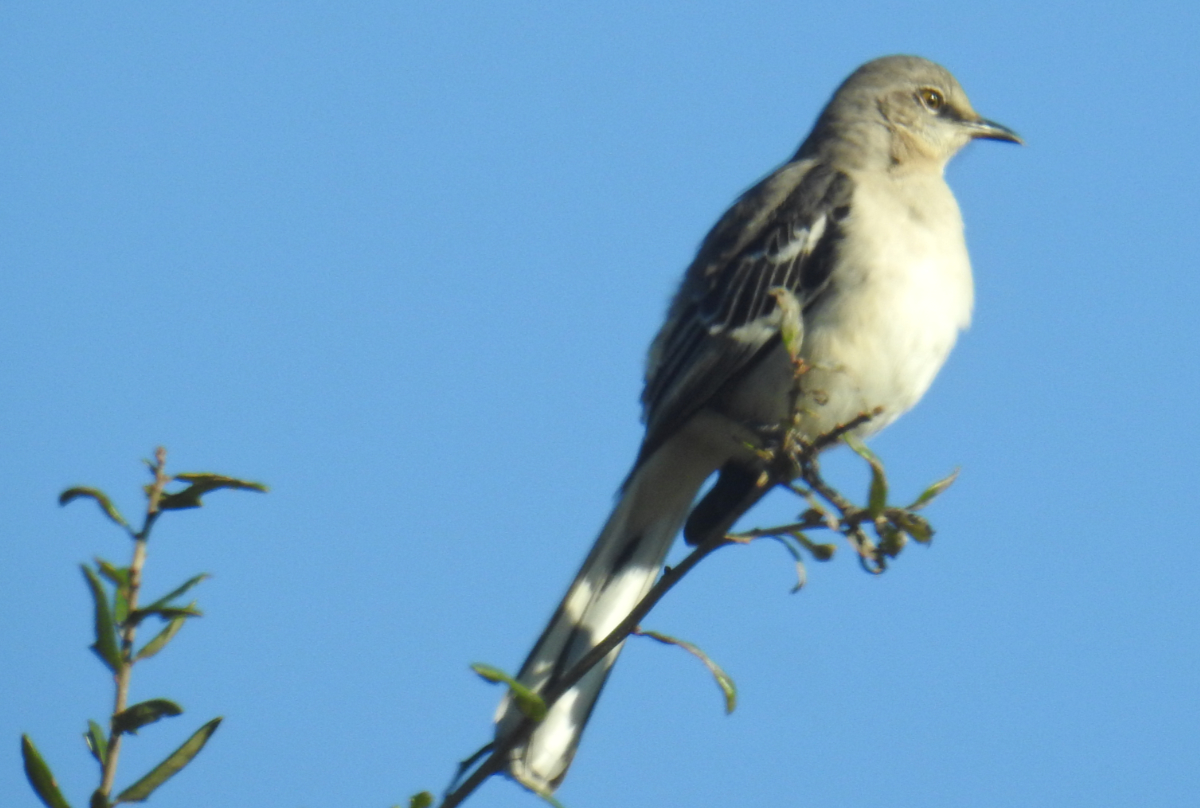Recovered from the Wayback Machine. One very nice perk of being an O’Reilly author is getting full membership in O’Reilly’s online digital book library, Safari. I think about the 34 boxes of books I have stored back in San Francisco and can’t help but feel that digital is really the way of the future. At least […]
Category: Writing
Just writing
Curving Space with cummings
Summary: I seldom write about poets, preferring to leave this genre to others better suited. But the talk yesterday about the shuttles and Hubble and Chandra, and of stars and black holes and other aspects of astrophysics, brought to mind one of my favorite poems, Space being(don’t forget to remember)Curved, by e.e. Cummings I seldom […]
Ladies! Ladies! Please stop your housekeeping for one moment and pay attention to some absolutely vital information. A wonderful new treat is heading to the bookshelves in February, ladies. I know that you’re all shivery in anticipation just from my introduction, but be sure to fold your towels and take the curlers out of your hair before […]
Who is Ray and why is he on my book?
I’ve always been partial to Amazon, but as an author I have to say that the company’s data systems suck. For instance, if you search on my name, “Shelley Powers”, you’ll find several of my books, such as Essential Blogging, Unix Power Tools 3rd edition, and so on. However, you’ll also find me on a […]
Mockingbird’s Wish

Recovered from the Wayback Machine. The news spread first as a whisper and then as a shout: First Mother was granting to each creature one wish. One wish, only, but whatever was asked, would be granted. Mockingbird heard the news from Hawk who head the news from Sparrow who heard the news from Robin and […]
